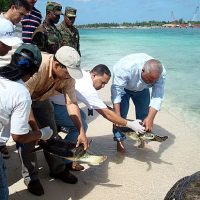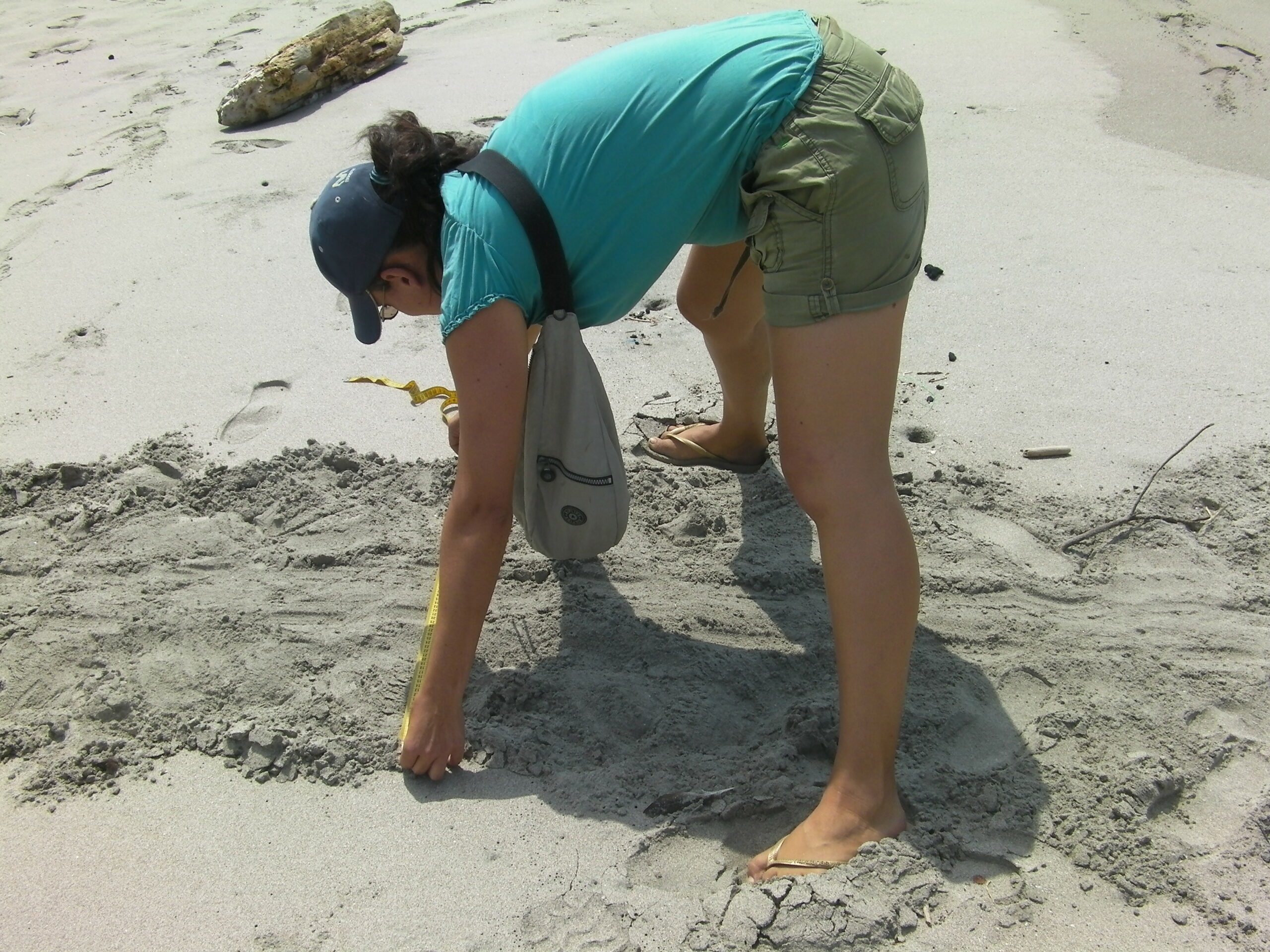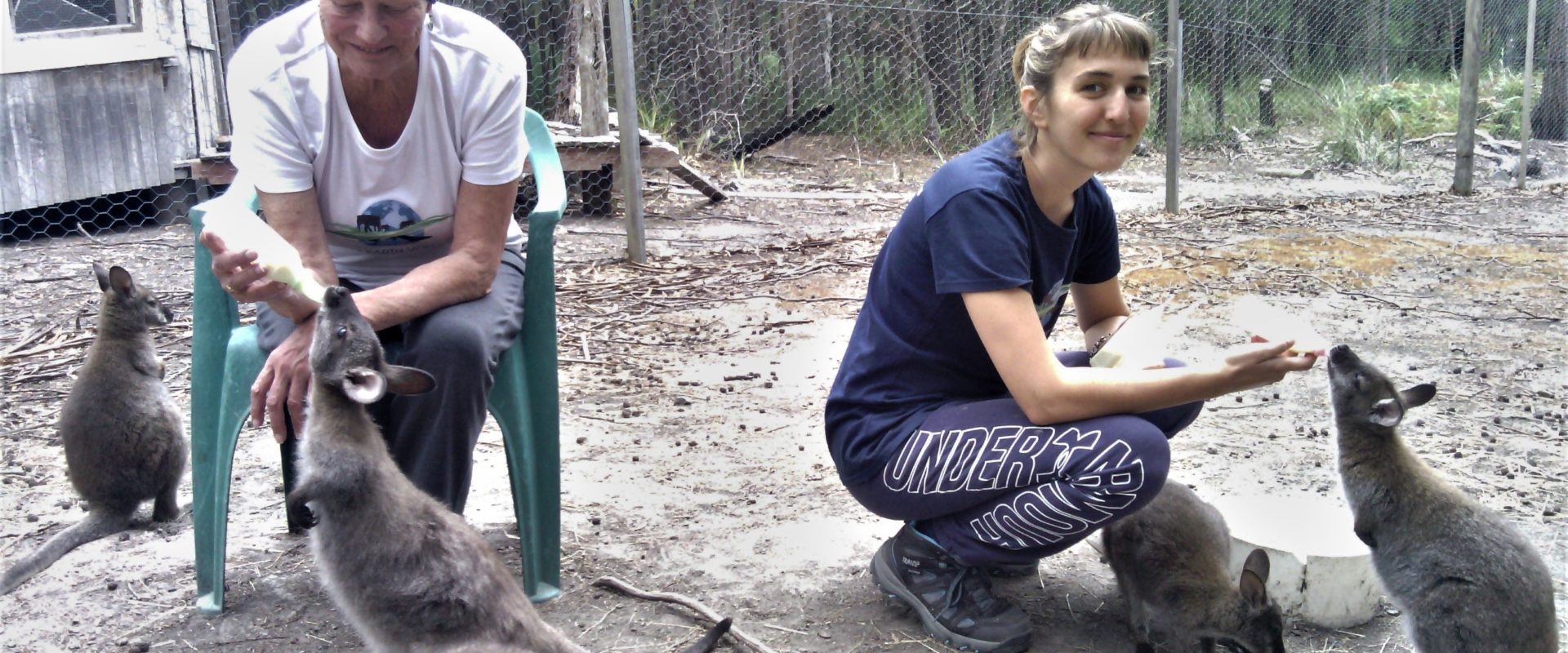Ecuadorian Turtle Research
The collection of biological data is extremely important to this organisation in light of the urgent need to obtain information to conserve Ecuador’s ecosystems and marine resources, in particular, sea turtles.
Coastal Ecuador
The collection of biological data is extremely important to this organisation in light of the urgent need to obtain information to conserve Ecuador’s ecosystems and marine resources, in particular, sea turtles.
Until very recently it was believed that Hawksbill turtles only nested in the coasts of Central America. However, in 2008 this organisation found that this critically endangered species also nests in the beaches of Ecuador’s Coastline. Since then, with the aid of volunteers, research has been undertaken to learn more about this enigmatic creature and its presence in Ecuador. Other turtles that can be found in the area are green turtles, leatherbacks, hawksbills and olive-ridley turtles.
Despite their beauty and ecological importance, these gentle creatures are critically endangered. Their nesting sites are being destroyed and over-fishing is depleting the oceans of food that is imperative for their survival.
You dedicate most of your time to biological data collection and dissemination that is of great importance for the projects carried out by this organisation.
Sea turtles spend most of their lives in the ocean, but nest on beaches. At certain times of the year, when the tides and seasons align, the females abandon the security of the ocean and make their way up the beaches to lay their eggs. Sea turtles are very vulnerable on land, and even after a nest is successfully laid, it is still very susceptible to harm by humans.
Through this volunteer program, you will gain an invaluable experience and share unforgettable moments with staff, the local people and with the biodiversity of Ecuador’s coast.
Your input is imperative since very little research has been done on Ecuador’s coasts regarding the quantity and frequency of sea turtle nests. The work is interesting and unique and is very hands on during rescues and releases.
You forge friendships that may last a lifetime while you directly contribute towards the conservation of this incredible region of the world.
Daily tasks may include:
*Field sampling
*Statistical analysis
*Collecting data, analysing and entering results
*Coordinating small research projects
*Undertaking environmental education activities
*Camping and patrolling beaches during the day and night
*Walking beaches collecting trash
Every volunteer must contribute with the maintenance and cleaning of the Volunteer House and field equipment.
18 years of age.
You must be 20 years or older to volunteer at this project.
Prior studies in Biology, Marine Biology, Ecology, Environmental Sciences or related sciences are preferable but not essential; however, it is necessary that you have experience with elementary statistical analyses and the capacity to learn field sampling techniques and know how to apply them in the field satisfactorily.
More importantly, candidates must have the capacity to learn field sampling techniques and know how to apply them in the field satisfactorily. Research Assistants are trusted with the review and analysis of the data collected in the field, therefore it is necessary that the candidates have experience with elementary statistical analyses, for example, creating tables, bar charts and histograms.
You must possess the following qualities:
*A great interest towards environmental issues, especially in marine conservation
*The ability to learn sampling techniques and to apply them satisfactorily in the field
*The ability to learn and to put in practice statistical concepts
*The ability to learn how to collect data and to enter it into a data base
*Leadership skills to coordinate small research projects and to assist with the execution of projects
*A willingness to learn about the environment and the local people
*The ability to work on your own or as part of a team
*A predisposition to assist staff with environmental education activities
*The ability to work in the hot sun and within the water
*Patience and a great work ethic.
A small amount of Spanish in order to communicate with the local people is desirable but not necessary. Talk to O2E about doing some Spanish lessons in Quito before you go!
The project’s activities are effected by the season. For example, nesting season usually begins in January so you may not find a laying turtle in order to count the eggs. It is not impossible though!
Although project staff try their best to accomplish all tasks as scheduled, sometimes these cannot be carried out due to various factors (i.e. bad climate conditions). For this reason, we ask volunteers to be patient and understanding.
With respect to turtle capture, we cannot always capture them as they are wild animals. The capture success depends on tides, climate conditions, and seasonality.
Starts first Saturday of the month.
Quito orientation & travel to project site on Sunday.
Minimum 1 month.
Weekdays 6 hours per day, weekend work during turtle nesting season (November – April).
Shared rooms for 4 people in a volunteer house are located two blocks away from the beach front or at the sea turtle egg hatchery program location.
No meals are included, however kitchen facilities are available in the volunteer house. Fresh seafood is available at the market daily.
From AUD $52 a day
| Duration | Cost (AUD) |
|---|---|
| 1 month | $1600 |
| 2 months | $3200 |
What’s included:
- Pre Pre-departure support
- Project Information Pack
- Informative orientation upon arrival on safety and a cultural introduction to Ecuador
- 3 nights’ accommodation in Quito
- Accommodation at the project
- Meals (Quito homestay only)
- Return bus transport from Quito city to the project
- Project Orientation held in Quito
- Training
- Field coordinator
- Field equipment and materials
- Free internet access
- International phone calls in case of emergency
- 24-hour in-country support
- 24-hour O2E emergency phone
- Certificate of Participation, if requested
*Please note some items are not included in the project fees listed above, such as flights, visas, vaccinations, travel insurance, snacks, spending money, local transport, in-country tours and return airport transfer (unless mentioned above). Please note that prices are subject to change without notice. Please ensure you have read the O2E Volunteers Terms and Conditions.

Charlotte D.
Canada
"The community, friendship and dedication
I’ve encountered here has been truly amazing. "
HOW TO GET STARTED




